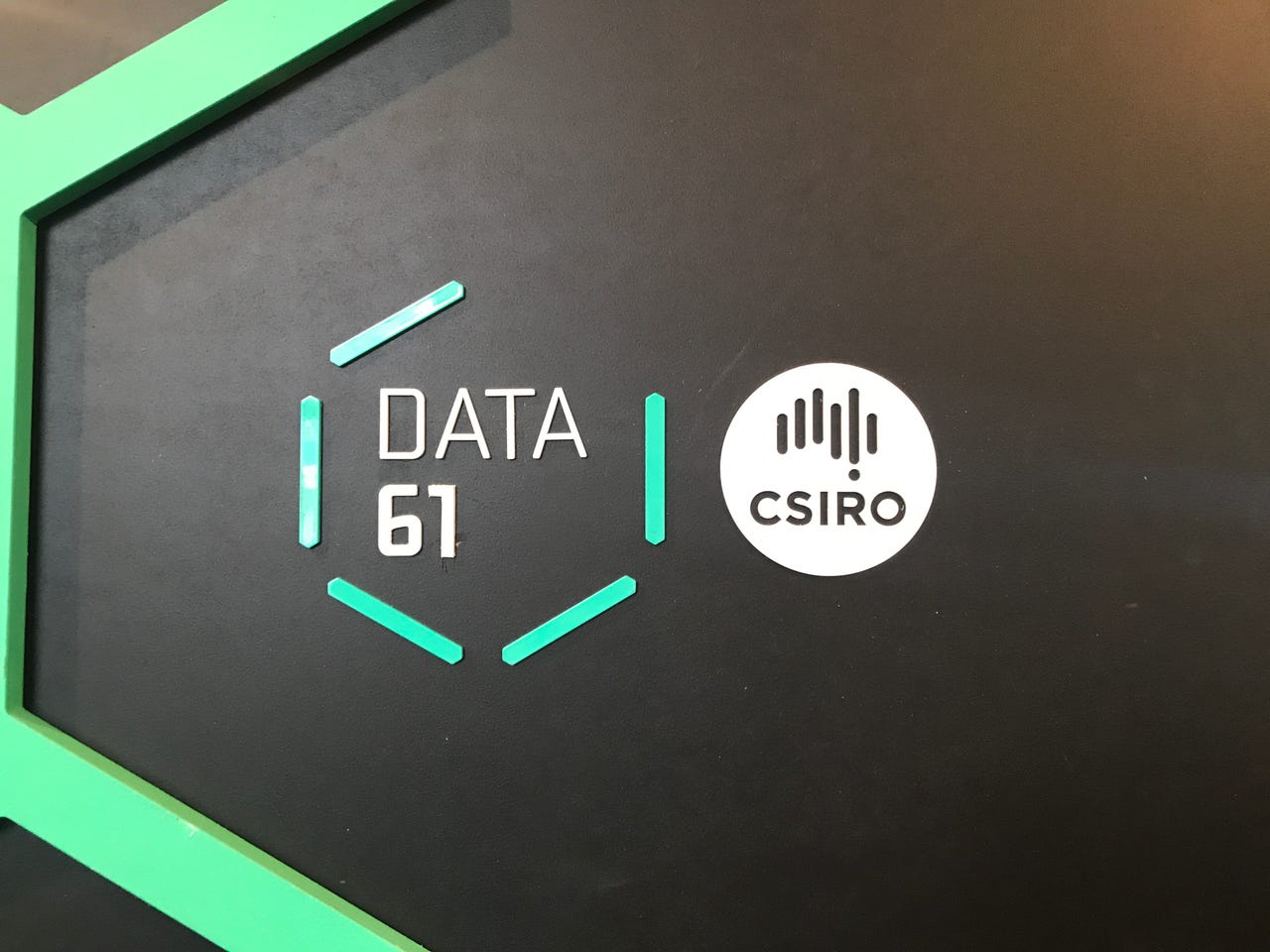CSIRO Data61 bins Trustworthy Systems team behind seL4


The team behind the seL4 is no longer under the umbrella of Australia's Commonwealth Scientific and Industrial Research Organisation's (CSIRO) Data61, with members being shifted from microkernels to supporting artificial intelligence.
"[CSIRO's Data61] dismantles Trustworthy Systems (TS), the team that shook the scientific world with the first correctness proof of an OS, #seL4. TS staff to reallocate to AI projects or sacked," professor Gernot Heiser, chairman of the seL4 Foundation, said on Friday.
"Claims by [Data61] of research excellence sound hollow. I challenge you to identify work in Data61 eclipsing the TS team and #seL4. Yet it's easy to identify highly incremental work in Data61 that seems safe."
In 2009, the security of seL4 was mathematically proven.
Heiser added that total disaster was avoided thanks to the seL4 Foundation being established last year.
A spokesperson for CSIRO said seL4 was a "mature area of technology" that the organisation had invested in over a number of years, and that the organisation would remain as a foundation member so it could "pivot" away from its work.
"In order to support the nation in the most important areas, CSIRO will no longer maintain the existing Trustworthy Systems Group. The Trustworthy Systems group is focused on the area of formal methods for design, implementation, and verification of software systems," CSIRO said.
"We are strengthening our focus on areas such as cybersecurity, industry 4.0 and natural hazards/environmental analytics, as well as emerging areas such as Trustworthy AI."
The spokesperson added Data61 was following new goals with money being put towards AI, "reinventing" how science would be done using digital technologies, and "putting digital science and technology at the heart of Australia's recovery and resilience".
"As a result of the changes, there will be approximately 100 positions created including 30 new post doctorate positions," the spokesperson said.
"In the short term up to 70 people in Data61 will be potentially impacted, however, the number will likely be less as we work to redeploy people throughout the organisation. Within two years, given the new positions, we expect headcount to be higher than today."
The research conducted by Trustworthy Systems will continue at the University of New South Wales, Heiser said, but was scathing of the decision taken.
"If this shining example of Aussie innovation no longer has a place in Data61, then what is the organisation good for? I find this development highly upsetting not only due to its impact on my own work, our agenda for making the world's computing systems secure, but also as a taxpayer who is funding this organisation," he wrote.
"I am no longer convinced that my tax dollars are well spent there."
Related Coverage
- Data61's seL4 security enforcement now available to the RISC-V ecosystem
- Linux Foundation backs security-oriented seL4 microkernel operating system
- Data61 to take a stab at gleaning insight from NBN traffic data
- CSIRO's Data61 develops voice detection technique to prevent voice spoofing attacks
- Data61, Defence partner for seL4 microkernel-based network access tool